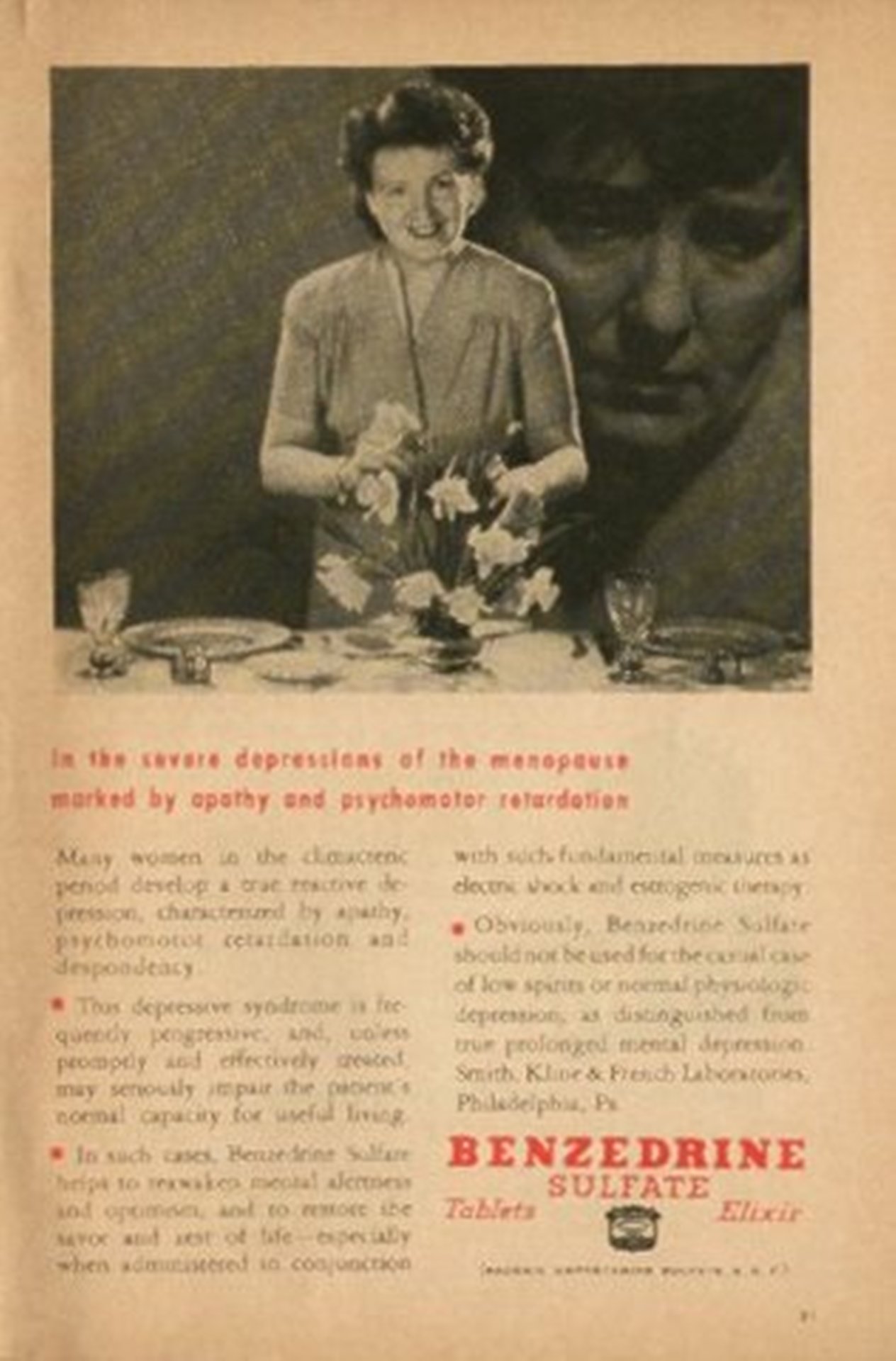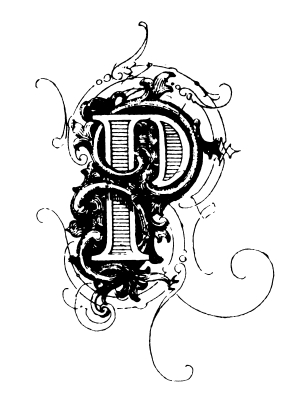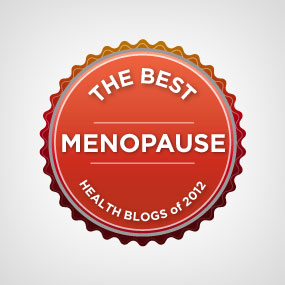In the Flash…a new forum
For some time now, I’ve kicked around the idea of adding a space on Flashfree where readers can ask questions, exchange information, collaborate and commisurate. So when a few trusted colleagues asked if such a place existed, I assured that it did. Except on Flashfree.
There are a lot of forums kicking around the interwebz, some active, some inactive, some refreshing, some mundane and some a complete waste of time. What is missing in a lot of them are Flashfree readers, passionate individuals who care about their health and wellbeing and are seeking informed answers that make sense for them.
And so, I give you In the Flash, a forum for you to be shaped by you. It’s an open book at the moment, just waiting for the first thought, word, question, emotion, complaint, rant and honesty, you name it. I want to add categories that you want to see and need some feedback in that regard, so don’t be shy! Mostly though? It’s my gift to you, a safe haven for you to go to when you may not feel that there is anywhere else to turn, or when you don’t know where to turn. And that includes men who are trying to figure out what their significant others may need and feeling a bit helpless in the process.
p.s. The ground rules are simple: no flaming, no spamming, no product promotion and be thoughtful.
Well, what are you waiting for?! Go!
Read More“Severe depression? Apathy? Psychomotor retardation?” How about a bennie?
Every now and then, a post deserves a second viewing. This week, I’m bursting the bubble again on vintage advertising. Nothing like an upper for the mid-week blues, right?
“In the severe depressions of the menopause, marked by apathy and psychomotor retardation…”just use a bennie. You’ll be speeding through your day in no time! (And will probably lose that extra weight too!)
Really! What WERE they thinking?!
Read MoreWednesday Bubble: Best Laid Plans
I was planning on giving life to an old post today. I updated it and saved it, knowing full well that my professional life outside of this blog required me to be showered, dressed and out the door at 4:45 am.
When I went to “publish” before walking out, I discovered that the site was down. And now that I am happily ensconced on Amtrak, I have learned that the site is up, but that the post has vanished.
Best. Laid. Plans?
Evidently not.
And so, I leave you on this Wednesday to ponder until I return to my desktop and find it.
The only Bubble I will be busting today is my own.
Read MoreGive me a P!
P, as in “progesterone.”
I get a lot of questions on Flashfree about progesterone and whether or not it’s use is as dangerous as estrogen and combined hormone replacement. I have stayed away from the subject for some time now because the evidence has been pretty scarce, at least as far as natural progesterone goes.
Fortunately, a new review has appeared that provides a comfort level for a brief discussion. But is all progesterone alike? A good place to start, right?
Progesterone is a reproductive hormone produced after ovulation and during pregnancy; it is also produced by the nervous system and adrenal glands. It occurs naturally. Progestins are synthetic and manufactured outside the body and work differently depending on their structure. Progestins are often combined with estrogen therapy.
Although experts know that levels of progesterone decline as a woman transitions to menopause, the relation between this decrease and symptoms has not been well understood, thereby limiting practitioner’s — at least those who specialize in Western therapy — ability to make decisions regarding its use in ameliorating symptoms.
Following is what researchers learned by scouring the literature:
- In most cases, progesterone is prescribed as an oral pill ranging from less than 20 mg daily to more than 200 mg daily, or as a patch that delivers more than 50 mg daily. It is also available as a topical cream (the most reliable standardized formulation is manufactured by Emerita (Pro-Gest).
- High dose, oral progesterone and patch forms appear to provide the greatest benefits for lessening hot flashes.
- How well women respond to progesterone patches appear to be related to how severe their symptoms are; those women with the worst symptoms appear to gain the most benefit.
- Use of progesterone may help reduce bone loss, although more studies are needed.
- Use of topical progesterone may possibly help reduce the effects of aging on the skin by increasing elasticity.
- The oral forms have also been shown to hell women whose sleep is disrupted by increasing time spent asleep.
- Most importantly, low dose progesterone treatment, including oral agents, does not appear to increase heart disease risk. Even better? There is some indication that when combined with estrogen, progesterone may counteract negative effects int terms of breast cancer risk. Progesterone formulations also appear to be well tolerated, will only minimal side effects associated with their use.
The key take-away is the natural progestogens (progesterone) appear to safely alleviate many of the most troubling menopausal symptoms. The rub here is that the evidence for this be fit comes from small studies. Still, it is refreshing to learn that there are safe hormonal options for women who desire that route.
Read MoreSeaweed and your thyroid
For years, I’ve received requests to write about thyroid disease and menopause. And for years, I’ve swept the topic under the table; that is, until now. However, in light of recent news, I’d like to approach it in a slightly different way. I hope that the following is helpful.
Symptoms of menopause and an underactive thyroid (inability to produce enough thyroid hormone to run the metabolism) can be very similar. In fact, hypothyroidism is 10 times more common in women than in men, and experts say that as many as 10% of all women have some sort of thyroid deficiency. Additionally, risk increases exponentially as we age. Moreover, symptoms like fatigue, depression, weight gain and sexual dysfunction can all be signs of an underactive thyroid and not menopause. More troubling are data from the American Association of Clinical Endocrinologists demonstrating that only one in four women who discussed menopausal symptoms with their practitioners were also tested for thyroid disease.
But what about thyroid cancer? Is there a link to hypothyroidism? And what’s the latest news in that area?
Thyroid cancer is currently one of the fastest growing cancers in the world, and is 2.9 times more likely to occur in women than in men. In fact, last year, doctors from Dana Farber Cancer Institute in Boston reported that for every four patients they were seeing with thyroid cancer, three were women.
Researchers have hypothesized (but have not concluded) that the interaction of the environment, reproductive and menstrual factors account for the disparity in cancer rates between women and men. And just last week, Japanese researchers reported that study findings show that postmenopausal women who consume seawood daily have 3.8 times greater risk for thyroid cancer compared to women who ate it 2 days a week or less. The reason for this may be due to the level of iodine in the seaweed, which has been shown to impair thyroid function and has been specifically linked to the most common type of thyroid cancer — papillary carcinoma.
Importantly, in most cases, thyroid cancer has no early signs or symptoms, and as the cancer grows, it may be diagnosed by a painless lump on the neck, hoarseness, swollen lymph nodes or difficulty swallowing. But take note: while hypothyroidism may increase the risk for heart disease, it has not been linked to a higher risk of thyroid cancer.
It’s all very confusing but the main take-away points are that if you are experiencing menopausal symptoms, be sure that your practitioner tests your thyroid to rule out any sort of thyroid condition. Moreover, if you notice a nodule in your neck, contact a health professional to rule out cancer. Most importantly, 95% of thyroid masses are benign. But you may want to keep iodine intake moderate just to be safe.
Read More
Good
Wishing you a Good Pesach, a Good Friday or an all around good weekend.
This photo has been circulating on the interwebz this week. It reminded me of menopause for some reason, because if it’s not one thing, it’s another.
But mostly? I wanted to thank you for reading and supporting Flashfree for the past four years. The blog was voted among the ‘Best of 2012’ this week by Healthline. Check out the others as well; there some great resources out there and I am proud to be among them.
Enjoy and see you on Monday!
Read More











